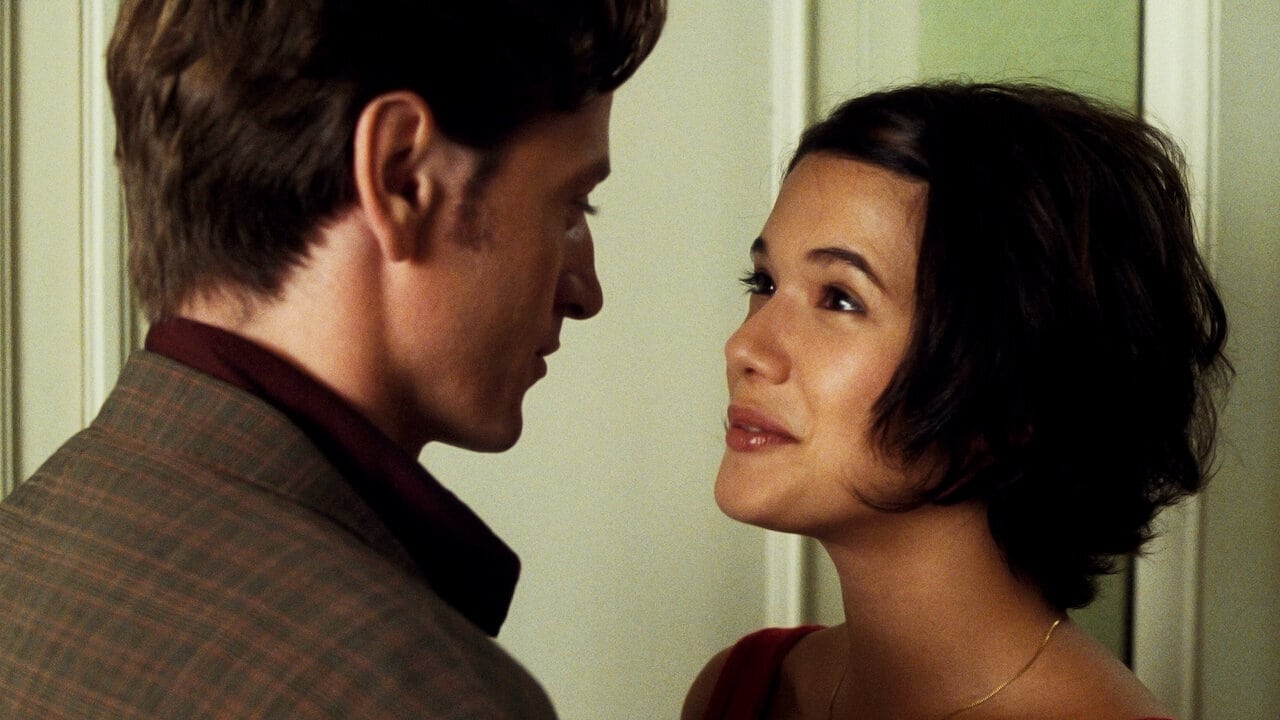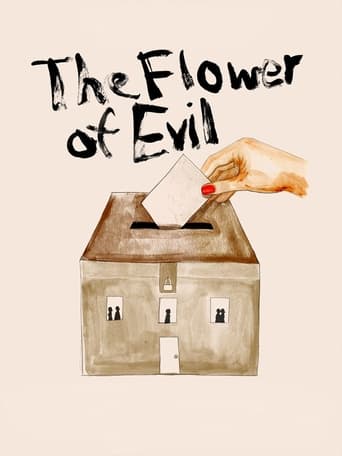SteinMo
What a freaking movie. So many twists and turns. Absolutely intense from start to finish.
HottWwjdIam
There is just so much movie here. For some it may be too much. But in the same secretly sarcastic way most telemarketers say the phrase, the title of this one is particularly apt.
Jakoba
True to its essence, the characters remain on the same line and manage to entertain the viewer, each highlighting their own distinctive qualities or touches.
eliot7011
I think a little familiarity with T.S Eliot's play The Family Reunion, from which Chabrol undoubtedly draws and also with Burnt Norton is necessary to fully appreciate the film. The notion that the past is not really past at all, but a part of the relentless present is the driving force of the film. The footfalls of the past echo in memory, almost in Bergsonian duree. The protagonist coming back home after quite a number of years, skeletons out of the closet, clandestine and forbidden love affairs are archetypes that is at the deep structure of the film. At the core there is a dialogue between the past and the future, in the eternal present.
Ross G
Although not immediately likable, the film left an imprint. The director has combined french cinematography-descriptive shots and gradual development-with Hollywood tradition-blatant dialogue and excited drama. The use of dialogue was often unnecessary and the same goals could have been reached through more refined acting, ie. the discussion of schedules or chauffeurs. Although this detracted, the aunt's narration was at times profound -"life is perpetual"-and provided continuity in the story. This idea was also supported by the repetition of the stair shot, seen in the beginning and end. Other ingenious shots included the bouncing head of the father moving up the stairs and the splicing of old and new environments during the aunt's recollections. This is a worthwhile film; it has the momentum of a classic dramatic film with the introspectiveness of a novel.
lavatch
"La Fleur du Mal" (Flower of Evil) unfolded like a multi-layered nineteenth-century novel. There was a plot involving politics, a plot involving romance, and the deep family secrets that appear to have afflicted the characters in a multi-generational curse. One of the characters even refers to their lives as the equivalent of a novel by Emile Zola. I appreciated the rich psychological levels of the characters and the fine performances under the direction of Claude Chabrol. The character of Aunt Line as played by Suzanne Flon was especially moving. There were effective emotional moments involving reverie and interior monologue that conveyed great depth of feeling. In American films, we would have been given generic "flashback" scenes. In the more subtle European film-making style, the performer conveyed the past through emotional expression. Like so many of the great nineteenth-century novels where everyone seems to be marrying his or her cousin, so too in "La Fleur du Mal" one of the plot lines focuses on a young man and woman deeply in love, who realize that their bloodlines are too close for comfort. Some of the film's most intense scenes are those in which the couple seeks to understand their complex family ties. Interestingly, this eclectic film is not without dark humor, including a truly bizarre sequence related to an accidental murder. Stylistically, this is a film experience with lush cinematography of the contemporary Bordeaux region, filled with sensitive compositional choices and careful set-ups. If the characters had been outfitted in nineteenth-century costumes, this really could have been a Zola novel.
LtdTimeAuthor
Director/co-writer Claude Chabrol creates a spellbinding film about 3 generations of a family cursed with evil, which bursts forth again in a mayoral campaign. As in other films, Chabrol enrolled his own family in the effort: son Thomas effectively plays a shrewd politician, son Matthieu provided the subtle score, and wife Aurore was the script supervisor of Flower of Evil's witty, trenchant dialogue.

